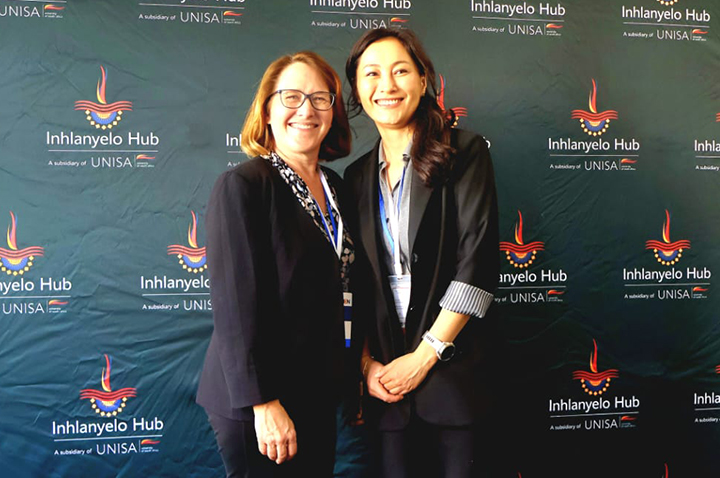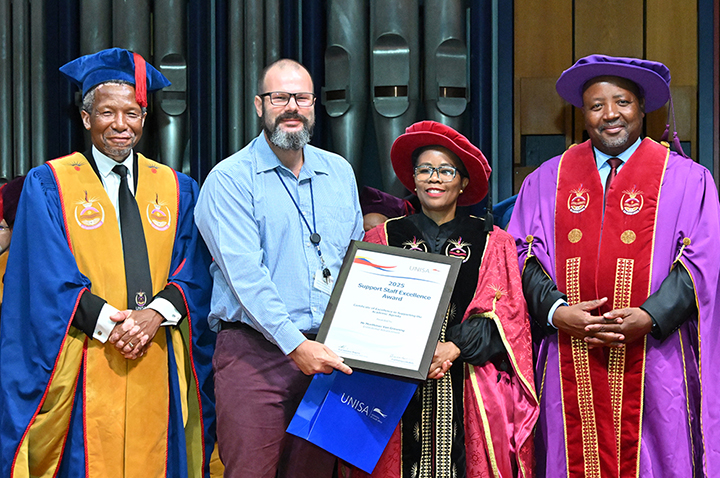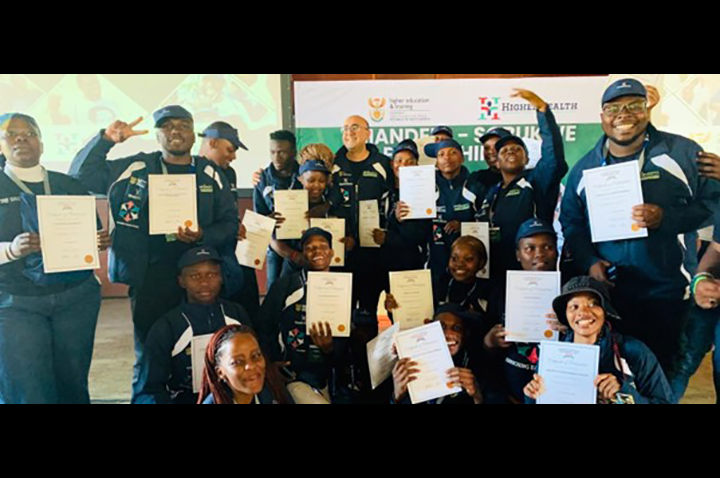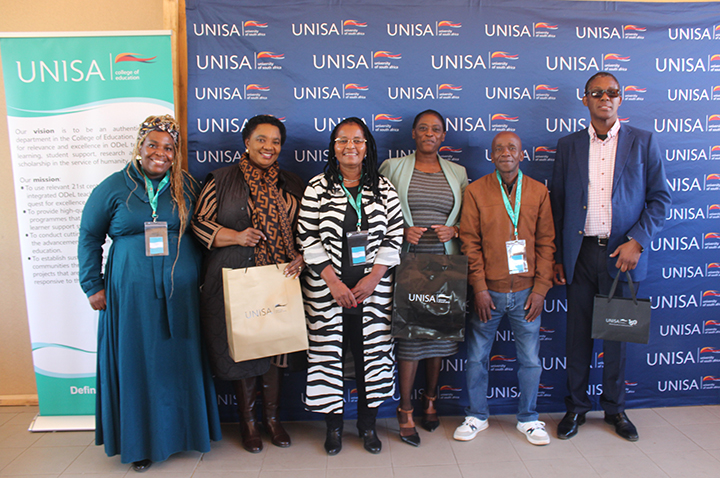

Bafo Khanyeza (Senior Lecturer: CAS)
Instead of abating, the South African unemployment rate, already at an astronomical 34.9%, rose another 0.4% to 35.3% in the fourth quarter of 2021. Bafo Khanyeza, a qualified chartered accountant and senior lecturer In the College of Accounting Sciences, has written extensively on clean governance as a means to solve the current jobs bloodbath.
News24 published an article he wrote titled “To fulfil promises made at the SONA, govt must get rid of graft”, as well as a follow-up article titled “Laws to stop corruption are there. Use them”. These articles, especially the latter, featured among the top stories in many international online newspapers. It was prominently featured on the prestigious Google News and an exclusive Plex Page, both worldwide news summaries for trending news. Moreover, the articles were used as gateways by some other sites, unrelated to the subject matter.
These articles were republished and even translated in some countries, including France, Brazil, Cape Verde, Canada, Italy, India, Indonesia, Nigeria, the United Kingdom and the United States, and many countries in sub-Saharan Africa.
The following are URL links for ABDP, a Malaysian publication, an Indian republication translated into Hindi, and a recent Unisa Radio interview.
“South Africa has a legislated governance mechanism that no other country has, which is the envy of the world,” says Khanyeza. “We have the solution to solve the jobs bloodbath; all South Africa needs to do is to implement independent and suitably qualified disciplinary boards as legislated in the Public Financial Management Act, section (85) and the Municipal Financial Management Act, section (175), which will be the vehicle towards clean governance.”
Khanyeza says that currently, the country uses the unlegislated Public Account Committees (PAC) model, which includes the Standing Committee on Public Accounts (SCOPA), Provincial SCOPA and the Municipal Public Accounts Committee (MPAC). As the PACs have no legal mandate, their recommendations get ignored year in and year out by the political heads.
“Three years and R1bn invested in the state capture commission,” says Khanyeza, “have produced no action. In addition, the expanded auditors’ powers have not yielded any tangible results in curbing corruption despite being promulgated three years ago. There is no glimmer of hope; these powers are a fallacy as they still work through the cooperation of the political heads. This constitutes neopatrimonialism, which means the centralisation of power for accountability rests in political leaders giving them absolute power.”
* Submitted by the College of Accounting Sciences
Publish date: 2022-04-07 00:00:00.0
 National leader in mathematics education aims to improve outcomes
National leader in mathematics education aims to improve outcomes
 Unisa roundtable focuses on empowering SA women to lead in innovation
Unisa roundtable focuses on empowering SA women to lead in innovation
 Unisan recognised for web excellence
Unisan recognised for web excellence
 Office of the Dean of Students participates in leadership camp
Office of the Dean of Students participates in leadership camp
 Unisa project fosters digital and pedagogical innovation in Limpopo schools
Unisa project fosters digital and pedagogical innovation in Limpopo schools